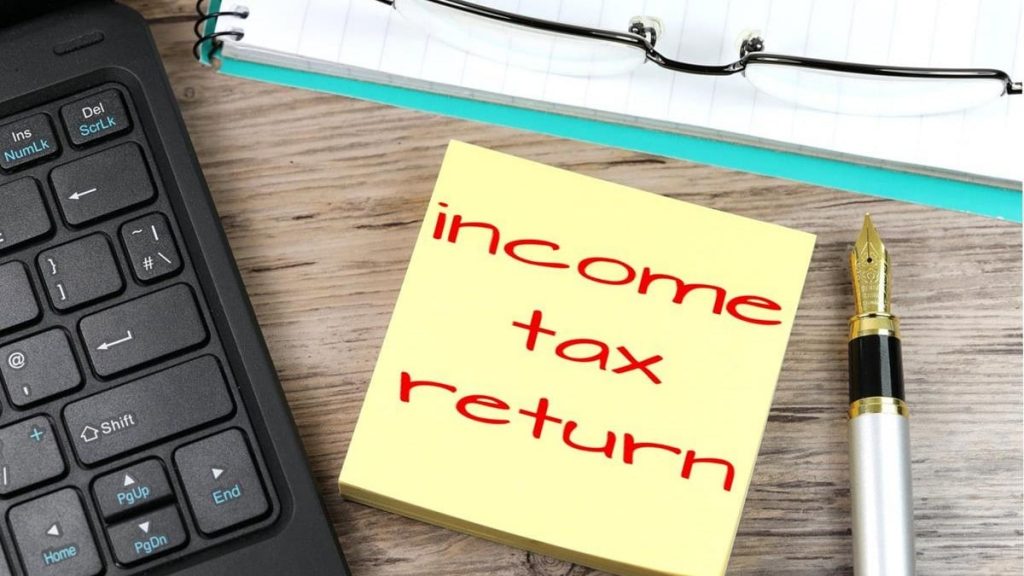Getting Started with Business Tax Returns

The tax filing season for businesses is upon us. If you’re a business owner, it’s important to know your tax obligations and how to file your return correctly. You are responsible for paying taxes on your business income as a business owner. You must file a business tax return with the IRS and your state tax authority. For example, sole proprietorships will file a different return than corporations.
1. Who needs to file a business tax return?
The type of business, the amount of income generated, and the state in which the company is located all play a role in determining who needs to file a return.
For example, sole proprietorships and partnerships are typically required to file a return if they generate more than $600 in income. Meanwhile, corporations must file a return if they create more than $1,000 in revenue. Certain types of businesses may also be required to pay estimated yearly taxes. Filing a tax return can also help you determine what filings are required and help you avoid any penalties for failing to file a return.

2. What information is required on a business tax return?
A few key pieces of information are required on a business tax return. It includes your business name, address, and tax identification number. You will also need to provide information on your annual income and expenses. It can be done by providing your financial statements or other records of your income and expenses. Finally, you will need to provide information on any taxes you have paid during the year. It can be done by providing your tax records or receipts.
3. How often is business tax returns filed?
Business tax returns are filed annually, though businesses may request an extension if they need more time to file. However, because different businesses have different fiscal years, the due date for business tax returns can vary. For example, a business with a December 31st fiscal year would have a due date of April 15th, while a business with a June 30th fiscal year would have a due date of October 15th. Businesses not sure when their tax return is due can check the IRS website or contact the IRS directly.
4. Where to get help when filing a business tax return
If you’re a small business owner, you have to file a business tax return. It can be daunting, but resources are available to help you. The first place to start is the Internal Revenue Service’s website. They have a section dedicated to small businesses, which includes information on filing your taxes.
Final thoughts
Finally, if you need more help, accountants and tax preparers specialize in small businesses. They can help you with every aspect of your tax return, from completing the forms to maximizing your deductions. Filing your business tax return doesn’t have to be stressful.





